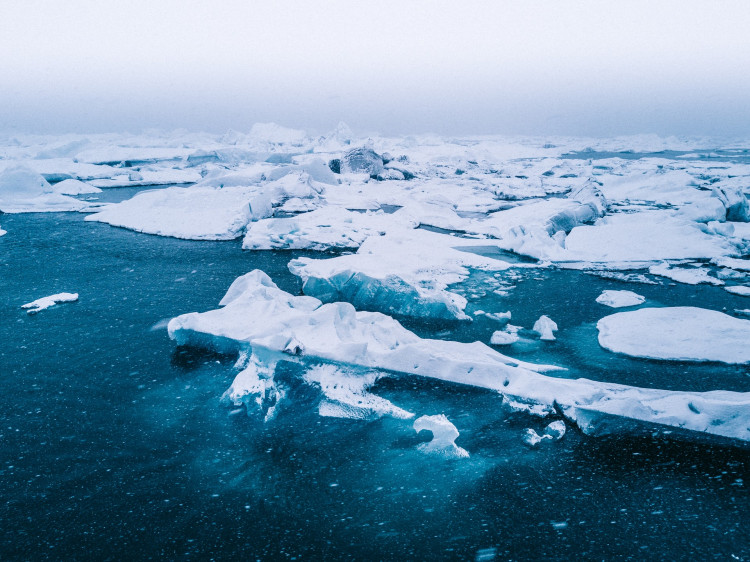Unsettling new research suggests the Arctic Ocean has been warming since the turn of the century, decades earlier than instrument observations would suggest.
The researchers discovered that the Arctic Ocean began rapidly warming at the beginning of the last century as warmer and saltier waters flowed in from the Atlantic - a phenomenon known as Atlantification - and that this change likely occurred before the warming documented by modern instrumental measurements.
The temperature of the ocean has risen by about 2 degrees Celsius since 1900, while sea ice has retreated and salinity has risen.
The findings offer the first historical perspective on the Atlantification of the Arctic Ocean and demonstrate a far stronger connection to the North Atlantic than previously imagined. As the polar ice sheets continue to melt, the connection has the potential to shape Arctic climate variability, which might have significant repercussions for sea-ice retreat and global sea level rise.
Climate change is warming the world's oceans, but the Arctic Ocean, the world's smallest and shallowest ocean, is warming the quickest of all.
The findings are alarming, according to Francesco Muschitiello, an author on the paper and an assistant professor of geography at the University of Cambridge, because the early warming shows a fault in the models scientists use to anticipate how the climate will shift.
"The Arctic Ocean has been warming up for much longer than we previously thought," Muschitiello told CNN. "And this is something that's a bit unsettling for many reasons, especially because the climate models that we use to cast projections of future climate change do not really simulate these type of changes."
Researchers reconstructed 800 years of data from marine sediments in the Fram Straight, where the Atlantic meets the Arctic east of Greenland, to paint a longer historical picture of how Atlantic water has flowed into the Arctic. According to the researchers, the marine sediments are "natural archives" that store information about past climate conditions.
It's unclear how much, if any, human-caused climate change played in the early Arctic warming, according to Muschitiello, and additional research is needed.
According to the researchers, their findings also reveal a potential fault in climate models, as they do not replicate early Atlantification at the turn of the century.
The Arctic will continue to warm faster than the rest of the planet, according to a recent UN state-of-the-science report on the climate catastrophe, as long as people continue to burn fossil fuels and release greenhouse gases into the atmosphere.
The study was published Wednesday in Science Advances.






